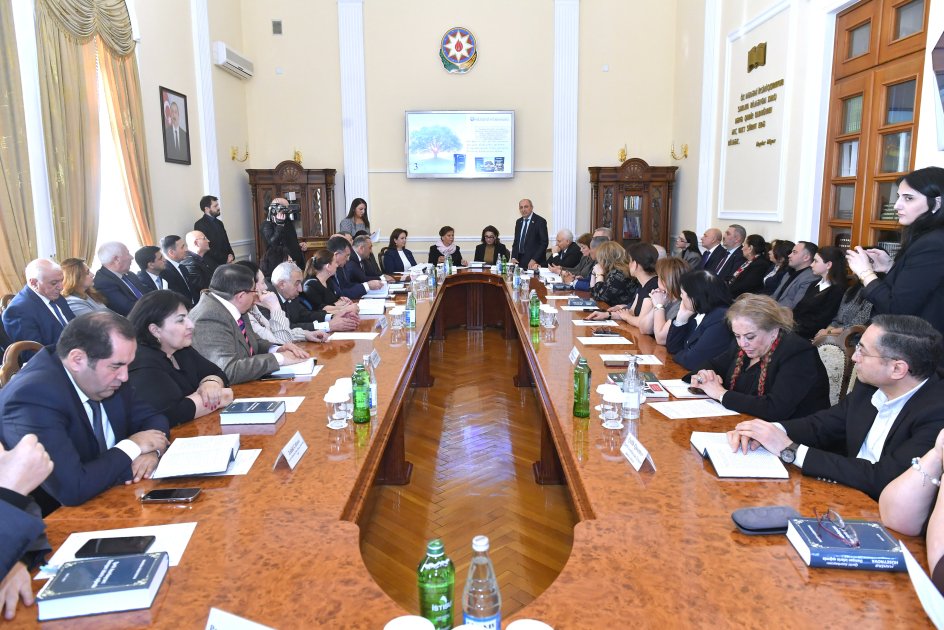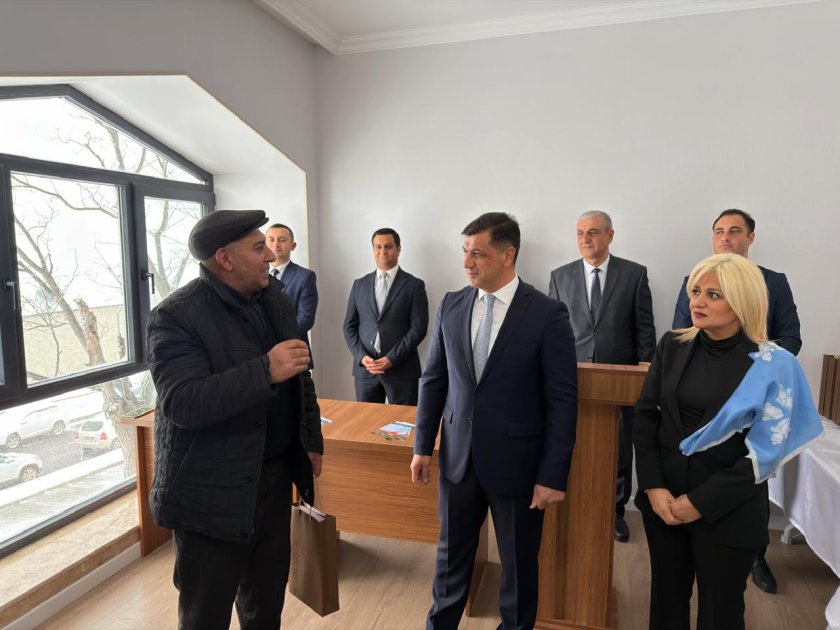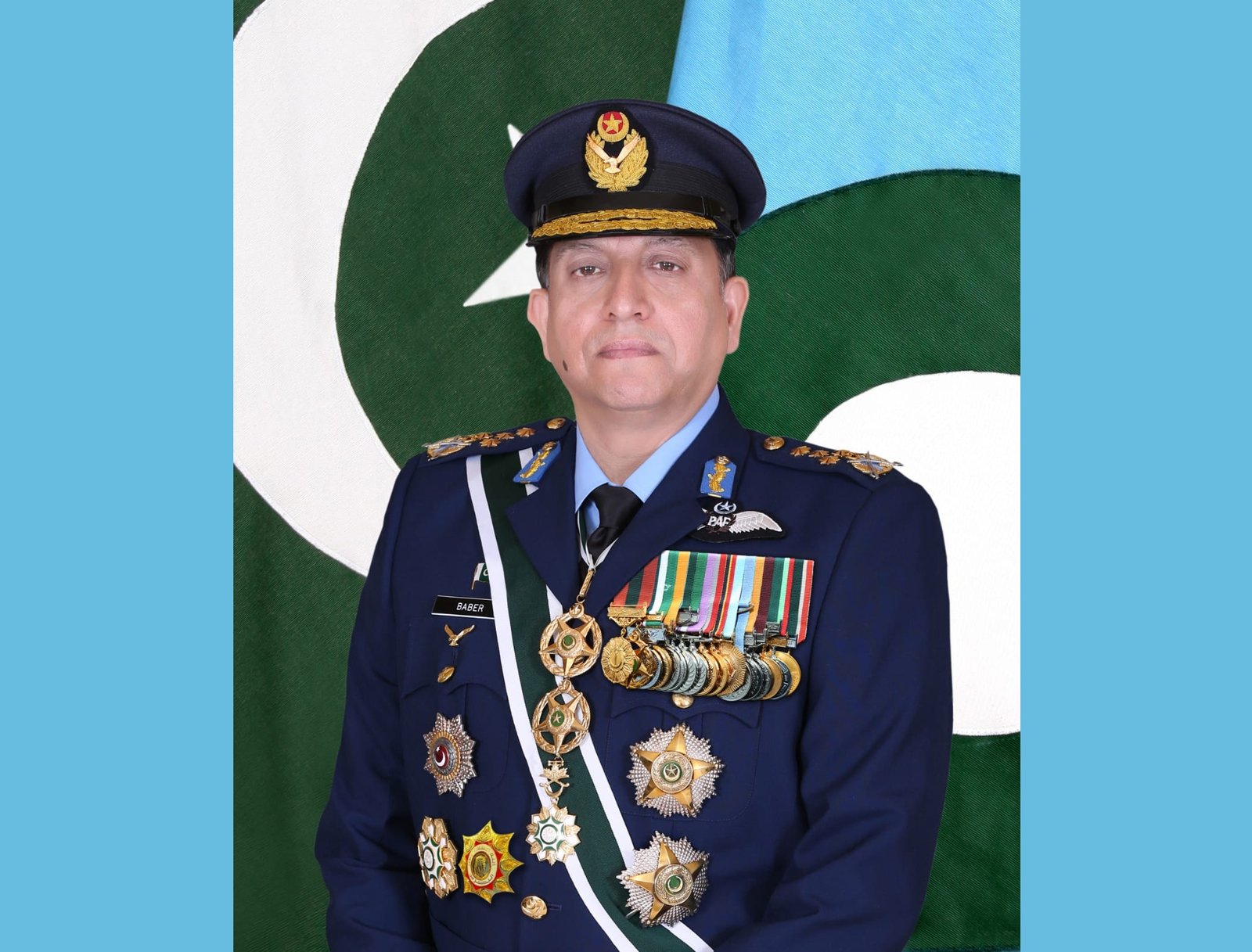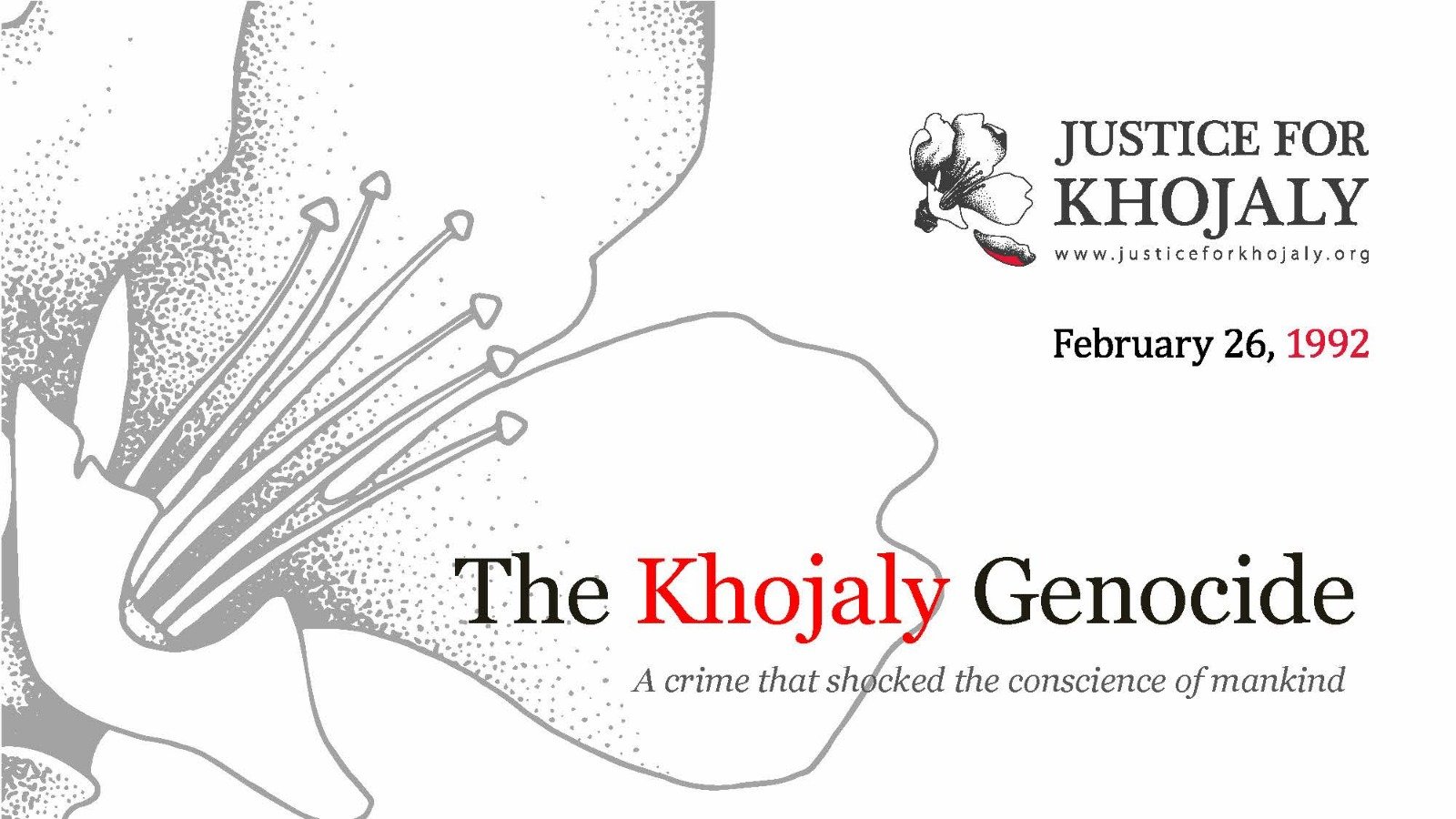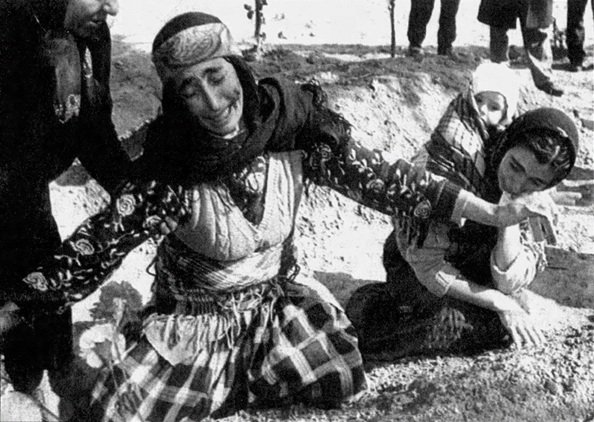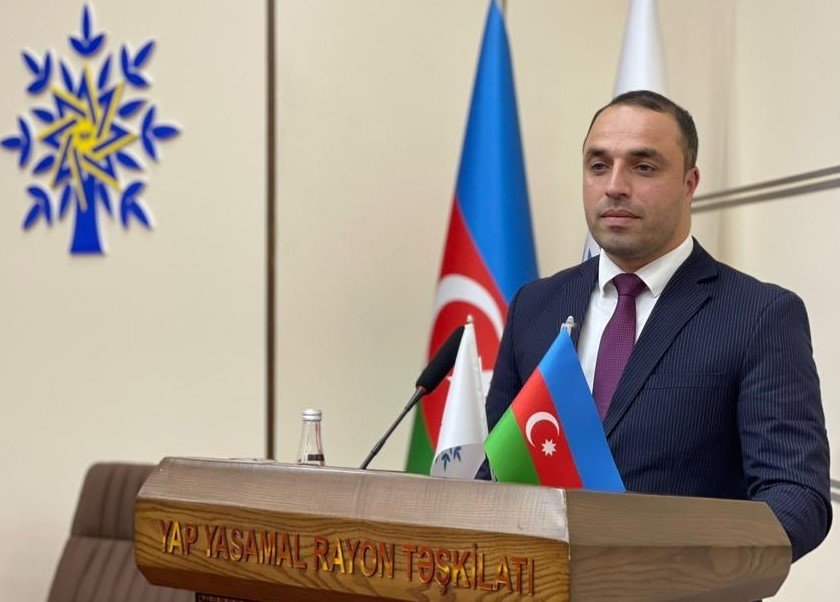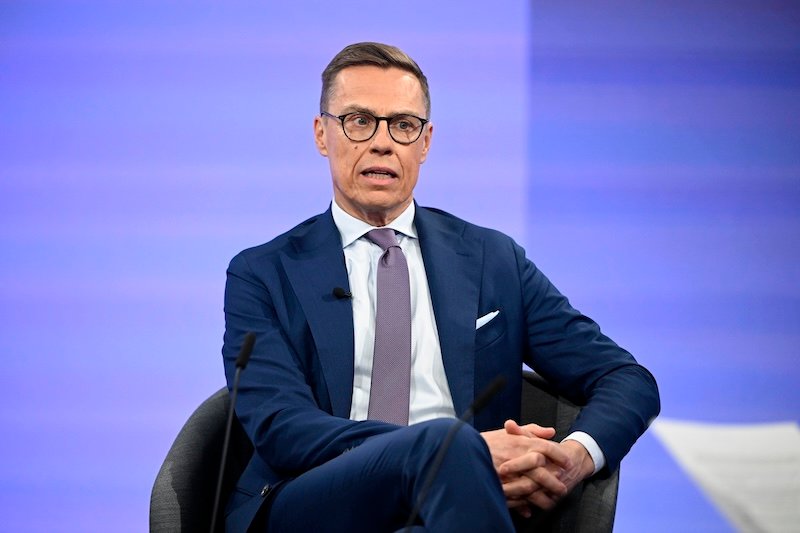Nikol Pashinyan of Armenia demonstrates perplexing foreign policy behavior through explicit statements of peace while maintaining secret military buildup activities. The Armenian prime minister has announced completion of a peace proposal but Azerbaijan has not responded even though on-the-ground activities reveal a different situation. Armenia maintains an opposite relationship between its extensive border fortifications and the pacifist declarations coming from Yerevan political authorities.
Militarization vs. Peace Rhetoric
The significant contradiction in Armenia’s rapid surge of military spending demonstrates growth from $600 million to $1.6 billion within three years. Given its quest for peace why does Armenia increase its military capabilities? According to Azerbaijani officials at the Ministry of Foreign Affairs Yerevan kept more than 10,000 troops with heavy weapons in Azerbaijani territory after the 44-day war during three years thus creating skepticism about Armenia’s peaceful intentions.
Armenia maintains suspicion among international parties concerning its intentions because it holds onto territorial claims while using the “conflict” concept in European political forums like the French Senate. The simultaneous performance of diplomatic efforts with rising military strength demonstrates a well-planned strategy that contradicts actual regional stability goals.
French Involvement and the Miatsum Agenda
The dual interactions between Pashinyan and French leadership at the Élysée Palace with the “The Return of Armenians to Karabakh” French Senate conference raises worries about an intentionally escalated situation. International law prohibits French officials from supporting Armenian territorial claims against Azerbaijan while this policy creates escalating tension in the region. Senator Marie-Do Aeschlimann has strategically introduced Nagorno-Karabakh to the public discussion according to her statements which reveal an apparent political move behind humanitarian discussions.
The statements made by Armenia resonate with miatsum ideology which represents historical aims to seize new territory while France uses political tactics for the same goal. During his remarks Pashinyan showed contradictory behavior when he labeled Azerbaijanis’ opportunity to move back to Yerevan as a perilous threat against Armenia’s border safety. International law would have to acknowledge both Armenian right to return to Karabakh alongside Azerbaijani right to return to their ancestral territories.
Institutional Peace or Political Posturing?
The institutional peace agreement proposed by Pashinyan fails to take root because Armenia says territorial claims to Azerbaijani lands exist throughout its constitutional and legal mechanisms. The achievement of genuine peace demands verbal confirmation of Azerbaijan’s territorial boundaries together with complete eradication of any legal framework seeking Azerbaijani territories. Whenever Yerevan fails to modify its base stance regarding territorial issues its public statements about peace become political bluster.
Peace remains elusive for Armenia since the country persists with armament expansions. Peace-seeking Armenia should demonstrate its intention by ending its accelerating military growth and neutralizing every element of confrontational infrastructure. The perception of an existing existential threat against the country will significantly impair de-escalation initiatives.
Conclusion: Armenia’s Strategy of Contradictions
The mismatch between Pashinyan’s diplomatic policy and Armenia’s actions creates an internal strategic conflict which intensifies regional disputes. The Karabakh issue continues to live because his government depends heavily on French European political connections to maintain it while he simultaneously seeks reconciliation. Armenia continues to expand its military forces because it shows readiness for future conflicts while demonstrating no intent for peaceful dialogues.
The achievement of peace requires Armenia to advance from symbolic actions toward fundamental policy changes. The country needs to change its laws which contain territorial claims and must end military actions while demonstrating genuine interest in diplomatic discussions. The steps Pashinyan postpones will continue to render his foreign policy obfuscated and double-dealing rather than honest peace-seeking activities.

Managing Editor of “The Europe Today”. An expert on history, political science and current affairs.
Director, The Europe Today

